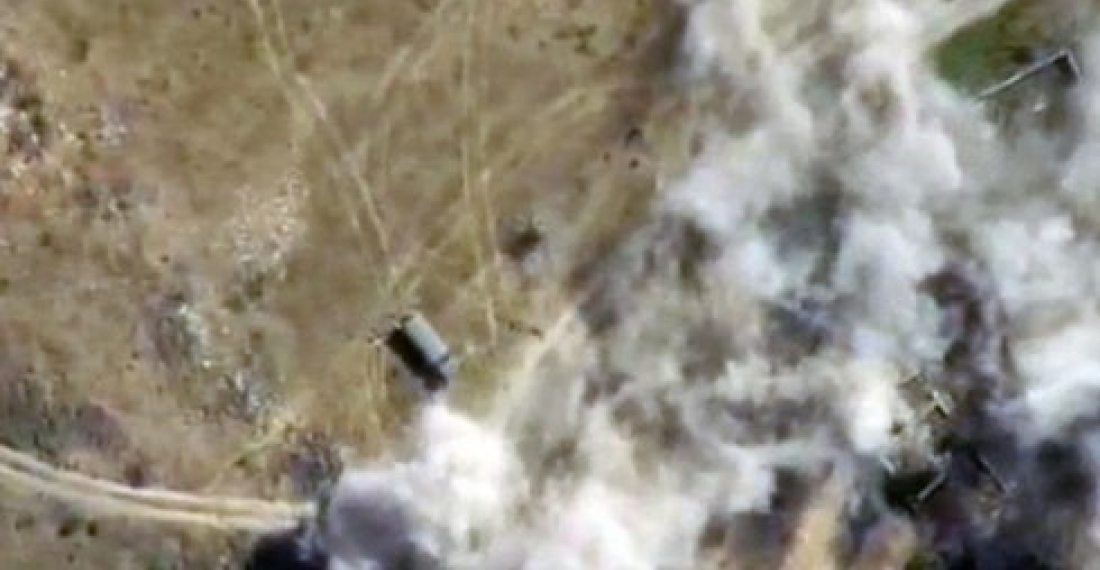There are reports of more violence in the Karabakh conflict zone. Azerbaijan says it conducted strikes against Armenian Army units on Friday evening (7 July). A spokesperson for the Azerbaijanii Ministry of Defence said that the strikes were launched against combat-ready troops "in order to prevent another planned provocation by Armenia and as revenge for the civilians killed in the Alkhanly village of Azerbaijan’s Fizuli district on Tuesday".
Armenian sources have confirmed the incident, and say that three Armenian soldiers were critically injured as a result of Azerbaijani shelling. The injured servicemen were named as Robert Gasparyan (born in 1969), Hambardzum Hartyunyan (born in 1997), and Vahe Badalyan (born in 1998). They were serving with the military formations of the self-declared Nagorno-Karabakh Republic.
The latest incidents happened in Fizuli and Khojavend sectors of the line of contact between Armenian and Azerbaijani forces in the Karabakh conflict zone.
Tension between the two countries increased on Tuesday when a two year old Azerbaijani baby and her grandmother were killed by an Armenian strike which hit the village of Alkhanly, which lies close the line of contact in the Fizuli District of Azerbaijan.
source; commonspace.eu with agencies
photo: Image of Azerbaijani strikes against Armenian targets on 7 July, released by the Azerbaijani Ministry of Defence.







